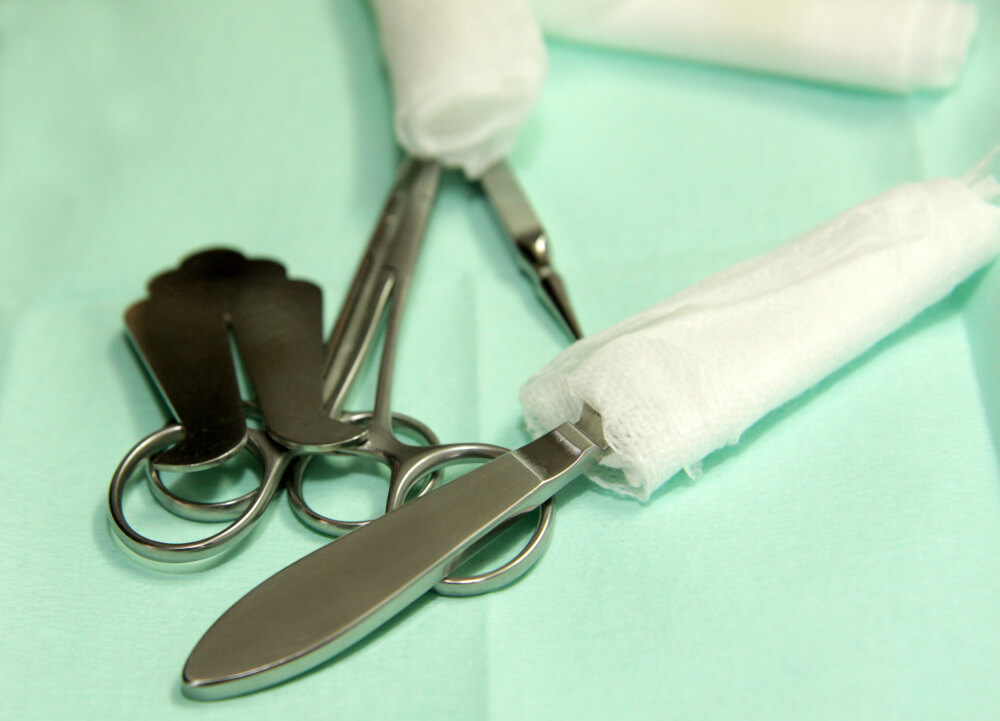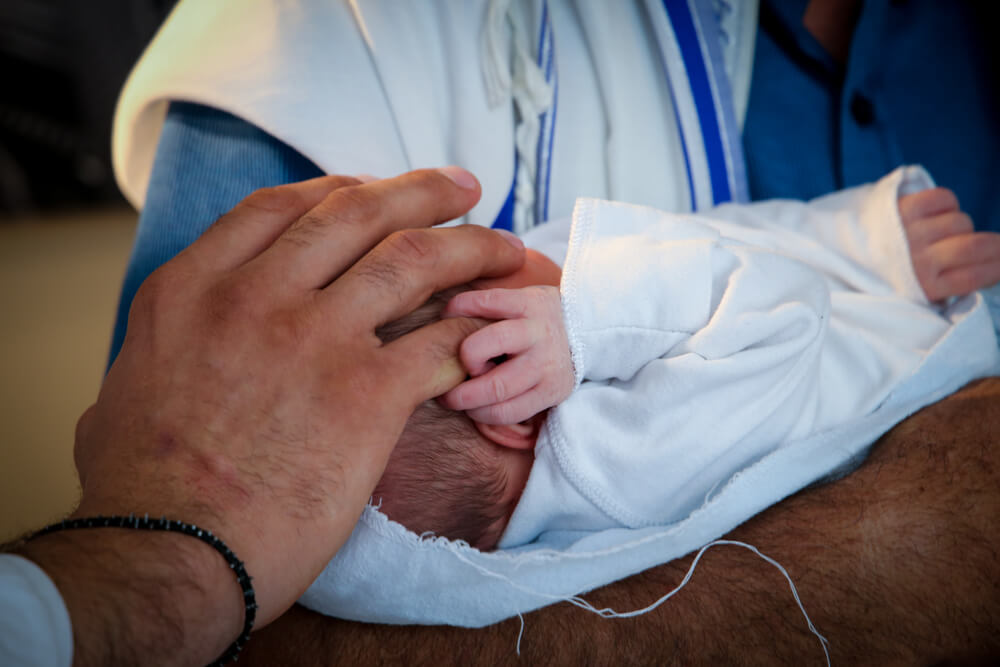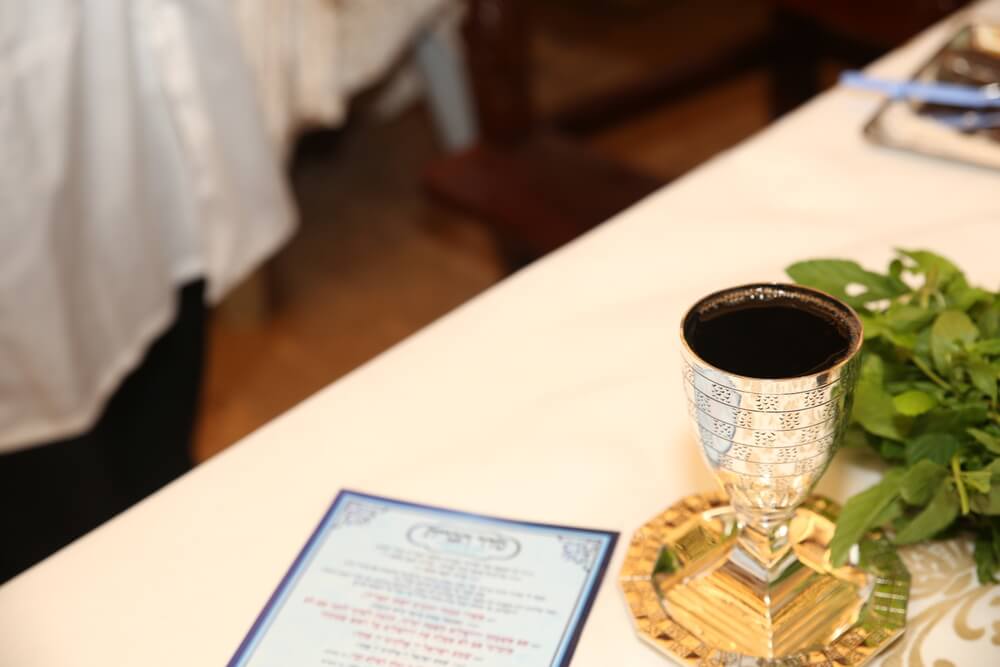As with any medical practice, when deciding on doing a circumcision, you need to make well-informed decisions. Across the United States, circumcision is considered standard medical practice, either through a hospital circumcision or during a Jewish circumcision ceremony. Approximately 50% of male children undergo Jewish circumcision at birth, a customary part of Jewish tradition. However, circumcisions in hospitals happen very quickly and traumatize the infant. Additionally, many children suffer from potential negative health effects as a direct result of improper or poorly healed circumcisions. Ultimately, this has left many families looking for other options for the procedure. Therefore, many local families have turned to mohels as an alternative to these traditional hospital practices.
Why Do Jews Circumcise Their Infants?
Prior to choosing where they will take their infant to be circumcised, many parents who choose to have their children circumcised after leaving the hospital find themselves asking, why do Jews circumcise in the first place? Though many mohels, the professionals who perform the Jewish circumcision ritual, are perfectly willing to perform these procedures on the child despite the children’s or parent’s religion, it’s important to understand the process behind the circumcision ritual before requesting one. There are a variety of traditions that take place during these ceremonies that may give families peace of mind and better explain why Jews circumcise infants at eight days old.
Jewish traditions require that infant males undergo the Jewish circumcision ritual when they are eight days old. This ritual, outlined in the Old Testament of the Bible, requires the Jewish circumcision ceremony take place on the eighth day of life. The Jewish community considers it a rite of passage for male Jewish men. The Old Testament of the Bible outlines how Jewish circumcision better unites the infant with his faith and aligns him spiritually with God. Therefore, it is truly a ritual and part of many traditions, not just a medical procedure to those of the Jewish faith.
Many families will often schedule a professional Jewish circumcision ceremony the day after discharge from the hospital for the eighth day after their son’s birth. The Jewish circumcision of an infant son is one of many important Jewish traditions he will take part in throughout the course of his life. Therefore, selecting a location for your infant’s Jewish circumcision in Florida is especially important for those who practice the faith.
Ultimately, this explains the most basic answer to the question, why do Jews circumcise their children? It’s also important to remember that a variety of other religions, including Seventh Day Adventists and Jehovah’s Witnesses, also follow the Jewish circumcision ritual as part of their dedication to the Old Testament. Though considered a Jewish tradition, many religions who follow the Old Testament follow the circumcision ceremony to varying degrees.
Moreover, when asking yourself why do Jews circumcise children, you should keep in mind that the circumcision process, though often considered a Jewish tradition, is a standard medical procedure in many parts of the world. There are long-term medical and hygiene benefits to having the procedure performed. If you have questions about these benefits and the potential outcomes, you should discuss with your doctor or mohel if having a Jewish circumcision is the right choice for you.

What Are the Benefits of a Jewish Circumcision Ceremony?
One common question many mohels answer prior to a Jewish circumcision for parents involves explaining why Jews circumcise their infants at eight days old? In theory, having a circumcision performed in a hospital setting within the first 24 hours of an infant’s life is considered “kinder” than waiting until later in life to have the procedure taken care of. Typically, hospitals explain the process of circumcision to the parents in a rushed manner, failing to answer important medical questions in the hours before delivery. Therefore, many families are comforted by choosing a mohel.
However, there are many benefits to Jewish circumcision that address and help soothe parental concern over the quality of care their children receive. One of the biggest issues parents face when considering taking part in the Jewish traditions of circumcision is the health, safety, and quality of the procedure. Many parents are unimpressed, at best, with the outcome of the procedure when performed at the hospital.
During a circumcision ceremony, the mohel takes many measures to ensure the baby is comfortable. Additionally, he takes the time to answer and address any questions or concerns the parents have about the ritual. More often than not, the parents have concerns about the safety, comfort and overall outcome of the procedure on their infant child.
A mohel takes these concerns into account. To begin with, Jewish circumcision requires that the process not be performed until at least eight days after birth. Medically speaking, this makes a safer practice than traditional hospital circumcision.
By waiting eight days to have a circumcision performed, the infant is better prepared to undergo the operation. Medical professions have well-documented the traumatizing effect of birth on infants. Performing circumcision shortly after birth does not give the infant adequate time to adjust to the birth process and often superimposes a second trauma. In accordance with the Old Testament, Jewish circumcision allows the child to have time to adjust, which is important to healthy and effective growth and development. Plus, it ensures the infant is calmer, giving the mohel the ability to better perform the procedure, which is an important part of Jewish tradition.
The infant’s ability to clot and produce proper immunoglobulins has developed much further at eight days than at birth, making it another important reason for performing the procedure after eight days old. This makes Jewish circumcision practices safer for infants. Scarring and other negative side effects occur less often due to the waiting period for most circumcisions. As the mohel carefully schedules each circumcision ceremony ahead of time, they are also less rushed than those in a hospital setting. Taking part in the Jewish circumcision ceremony gives the child time to properly adjust and helps guarantee a better outcome.

Choosing a Mohel for Jewish Circumcision in Florida
When choosing a mohel, you should most certainly do your research. While many individuals perform the circumcision ritual, the quality of the procedure itself is an important part of it. There are many aspects of Jewish tradition that hospitals and unethical mohels may neglect during the circumcision ceremony that can make it less pleasant for your infant.
At our offices, Dr. Krinsky, an ordained mohel takes all available precautions when performing the procedure to ensure the baby is comfortable and the procedure is as painless as possible. During the circumcision ritual, parents are encouraged to be in the room with the infant. As a licensed mohel, with hundreds of circumcisions behind him, Dr. Krinsky takes all the necessary precautions during the procedure. If you have any questions, concerns or requests, reach out to us, and we’ll be more than happy to speak with you. If you require the best Jewish circumcision Florida has to offer, look no further than our office.







